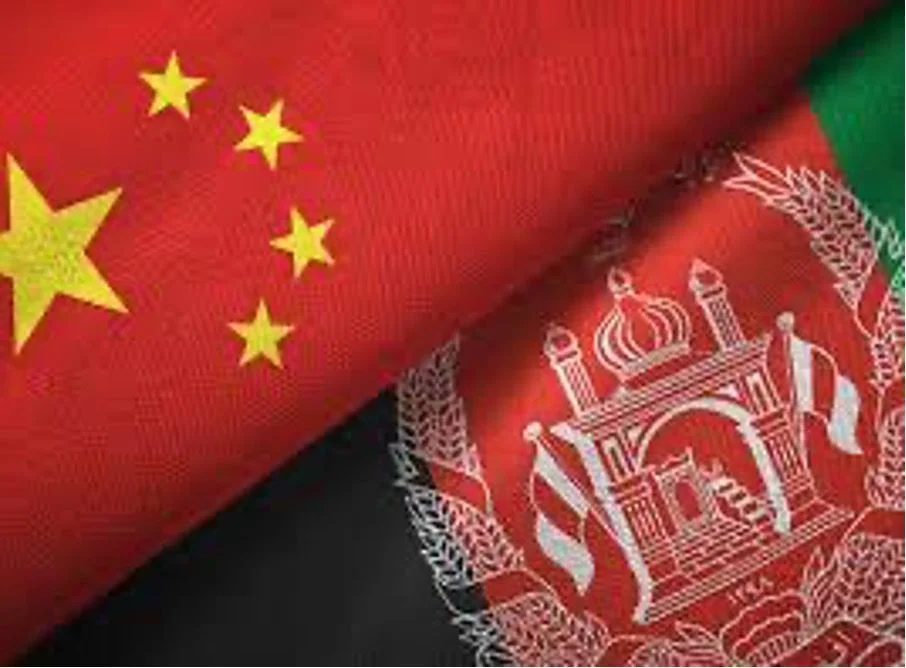By Nasir Khattak
The longstanding alliance between China and Pakistan, often termed an “ironclad friendship,” is encountering significant challenges, particularly in the context of Afghanistan’s evolving dynamics. Several factors contribute to the strain in their relationship, including escalating security threats to Chinese investments in Pakistan, Pakistan’s increasing association with terrorist activities, and Afghanistan’s shifting political landscape under Taliban rule.
China’s substantial investments in Pakistan, primarily through the China-Pakistan Economic Corridor (CPEC), have been pivotal in strengthening bilateral ties. However, these investments have become targets for insurgent groups, raising concerns about the safety of Chinese nationals and infrastructure. Notably, the Baloch Liberation Army (BLA), a separatist group seeking independence for Balochistan, has intensified attacks on Chinese interests.
In March, 2025, a tragic incident occurred where the BLA hijacked the Jaffar Express train in Balochistan, resulting in the deaths of 26 individuals and the hostage-taking of 339 passengers. The assailants specifically targeted symbols of Chinese investment, underscoring their opposition to foreign presence in the region.
Such incidents have strained Sino-Pakistani relations, with China expressing dissatisfaction over Pakistan’s inability to ensure the security of its investments and personnel. Despite Islamabad’s assurances and enhanced security measures, the persistent threat landscape has led Beijing to reassess the viability of its projects in Pakistan. This reassessment threatens to undermine the economic foundation of their partnership.
Pakistan’s internal security situation has deteriorated, with a notable increase in terrorist activities. The Global Terrorism Index indicates that Pakistan is among the countries most impacted by terrorism, with over 90% of terrorist attacks and 98% of terrorism-related deaths occurring in conflict zones.
The resurgence of groups like Tehrik-i-Taliban Pakistan (TTP) has exacerbated instability, leading to frequent attacks on both civilian and military targets. Pakistan’s State support to select terror organisations has come to haunt them. Multiple new terror organisations have emerged and they are able to recruit cadres easily.
However, it is a different picture in Afghanistan. It cannot be denied that since the Taliban’s return to power in Afghanistan in August 2021, the country has experienced a semblance of stability compared to previous years. The Taliban’s consolidation of control has led to a decrease in large-scale conflict, allowing for a focus on governance and reconstruction. China has proactively engaged with the Taliban, being among the first to appoint a new ambassador to Kabul. This engagement is driven by China’s strategic interests in integrating Afghanistan into its Belt and Road Initiative (BRI) to gain unhindered access to the mineral and natural resources in Afghanistan.
The trilateral relationship between China, Pakistan, and Afghanistan is complex and influenced by each nation’s security concerns and strategic interests. Pakistan’s expectation that the Taliban would curb TTP activities has not materialized, leading to tensions between Islamabad and Kabul. Afghan Taliban has reiterated that TTP has greater presence and support within Pakistan and alleges inaction from Pakistan as the reasons behind the resurgence of TTP.
However, Taliban’s commitment to counterterrorism has not been fully consistent. While they have pledged to prevent groups like the East Turkestan Islamic Movement (ETIM), who is considered as threat by China, from operating within Afghanistan, the effectiveness of these assurances remains uncertain. This ambiguity poses challenges for China, which seeks a stable Afghanistan that does not serve as a breeding ground for militancy.
China’s role as a regional powerbroker is further complicated by these dynamics. While Beijing aims to expand its economic footprint through initiatives like the CPEC and integrate Afghanistan into its broader regional strategy, security concerns hinder progress. The persistent threat of terrorism in Pakistan, coupled with uncertainties in Afghanistan’s counterterrorism commitments, challenges China’s ambitions and necessitates a cautious approach.
The deteriorating relations between China and Pakistan, set against the backdrop of Afghanistan’s evolving situation, underscore the intricate interplay of security, economic, and geopolitical factors. China’s investments in Pakistan are jeopardized by escalating insurgent attacks, while Pakistan grapples with rising terrorism and strained ties with the Taliban-led Afghan government. Afghanistan’s relative stability under the Taliban offers both opportunities and challenges for regional stakeholders. For China, navigating this complex landscape requires balancing its economic ambitions with pragmatic security considerations, all while fostering diplomatic engagements to mitigate emerging threats.
Nasir Khattak specializes in the China-Pakistan region, with a particular focus on the economic relations between the two countries.
Note: The contents of the article are of sole responsibility of the author. Afghan Diaspora Network will not be responsible for any inaccurate or incorrect statement in the articles.
afghandiaspora

